
Buddha Jayanti, also known as Vesak or Buddha Day, commemorates the birth, enlightenment, and death of Siddhartha Gautama, the Buddha. This significant celebration is known by various names worldwide, reflecting cultural diversity. In many Theravada Buddhist countries, it’s called Vesak, while Thailand celebrates it as Visakha Bucha. Vietnam refers to it as Phật Đản, and Tibetan Buddhist communities in Tibet and Bhutan observe it during Saka Dawa. Japan marks the occasion with Hanamatsuri (“Flower Festival”) on April 8th, and in Indonesia, it’s known as Waisak. Myanmar celebrates it as Vesakha Puja, while in India and Nepal, it’s termed Buddha Jayanti or Buddha Pournima/Purnima. Despite these regional variations, the celebration universally honors the Buddha’s profound impact on humanity.
Introduction to Buddha Jayanti
Buddha Jayanti, also known as Vesak, is the most significant festival in the Buddhist calendar. Celebrated with reverence and devotion, it marks the birth, enlightenment, and death of Gautama Buddha, the founder of Buddhism. This tri-fold significance makes Buddha Jayanti a unique and highly revered occasion, drawing millions of Buddhists from around the world to commemorate the life and teachings of the Buddha.
The festival usually takes place on the full moon day in the month of Vesakha, which corresponds to April or May in the Gregorian calendar. The exact date varies each year based on lunar cycles, but its importance remains constant. Vesak is a time for Buddhists to reflect on the teachings of the Buddha, including the principles of compassion, mindfulness, and the quest for enlightenment.
Globally, Buddha Jayanti is celebrated with various customs and traditions. In countries like India, Sri Lanka, Nepal, Thailand, and Japan, devotees engage in a range of activities such as offering alms to monks, visiting temples, and participating in meditation sessions. The day often begins with ceremonial bathing of Buddha statues, symbolizing purification and the washing away of sins. This is followed by chanting of Buddhist scriptures and prayers.
The significance of Buddha Jayanti extends beyond religious rituals. It is a day for Buddhists to commit to the core values of Buddhism, including non-violence, kindness, and the pursuit of wisdom. Many people use this day to engage in charitable activities, such as feeding the poor, donating to charitable causes, and participating in community service. These acts of kindness are seen as a way to honor the Buddha’s teachings and to cultivate a sense of unity and compassion within the community.
In essence, Buddha Jayanti is more than just a festival; it is a time for introspection, spiritual growth, and the celebration of a philosophy that has profoundly impacted millions of lives across the globe. Through its various observances, Buddha Jayanti continues to inspire and guide individuals on their spiritual journeys.
Date and Time of Buddha Jayanti 2024
Buddha Jayanti, also known as Vesak or Buddha Jayanti, is one of the most significant festivals in the Buddhist calendar. In 2024, Buddha Jayanti will be observed on May 23. This auspicious day marks the birth, enlightenment, and death (Parinirvana) of Gautama Buddha, making it a tri-fold celebration of his life and teachings. The festival falls on the full moon day in the month of Vaisakha, according to the Hindu lunar calendar, which typically corresponds to April or May in the Gregorian calendar.
The exact timing for Buddha Jayanti varies each year as it is based on the lunar calendar. The lunar calendar is a complex system that tracks the moon’s phases, with the full moon day, or Jayanti, being particularly significant. In 2024, the full moon will appear on the night of May 23, and the celebrations will continue throughout the day. The timing of the full moon is crucial as it aligns with the traditional observances and rituals practiced by Buddhists around the world.
Due to time zone differences, the date of Buddha Jayanti can vary slightly across different countries. For instance, while the festival may be observed on May 23 in India, it could be celebrated a day earlier or later in countries such as Thailand, Sri Lanka, and Japan. This variation is a result of the time difference and the local lunar calendar calculations. Despite these differences, the essence of the celebration remains the same, highlighting the universal significance of Buddha’s teachings.
Understanding the date and time of Buddha Jayanti is essential for practitioners and followers who wish to participate in the traditional rituals and ceremonies. It is a time for reflection, meditation, and honoring the profound insights of Buddha, which continue to inspire millions around the globe.
Historical and Religious Significance
Buddha Jayanti, also known as Vesak, is a significant day in the Buddhist calendar that commemorates the birth, enlightenment, and death (Parinirvana) of Gautama Buddha. Born as Prince Siddhartha in the 6th century BCE in Lumbini, present-day Nepal, he renounced his royal life in pursuit of spiritual enlightenment. After years of ascetic practices and deep meditation, Siddhartha attained enlightenment under the Bodhi tree in Bodh Gaya, India, becoming the Buddha, or “The Awakened One.”
The teachings of Buddha, encapsulated in the Four Noble Truths and the Eightfold Path, form the cornerstone of Buddhist philosophy and practice. These teachings emphasize the cessation of suffering through ethical conduct, mental discipline, and wisdom. Buddha Jayanti is a day for Buddhists around the world to reflect on these principles and their application in daily life.
Buddha Jayanti holds profound historical and religious significance. It is a day of immense reverence, characterized by various rituals and ceremonies. Devotees engage in acts of kindness, visit temples, participate in meditation sessions, and recite Buddhist scriptures. Offerings of flowers, incense, and candles are made to Buddha statues, symbolizing the transient nature of life.
This day also marks a significant moment in the spread of Buddhism. Emperor Ashoka, a key figure in the propagation of Buddhism, embraced the religion following the Kalinga War. His reign saw the construction of stupas and viharas, the dispatch of missionaries, and the convening of the Third Buddhist Council. These efforts facilitated the spread of Buddhism across Asia and beyond.
In contemporary times, Buddha Jayanti is celebrated globally with great enthusiasm. From the serene temples of Thailand and Myanmar to the peaceful monasteries of Sri Lanka and Bhutan, the day unites Buddhists in a shared heritage of devotion and reflection. It serves as a reminder of the timeless wisdom of Buddha’s teachings and their relevance in fostering compassion, mindfulness, and inner peace.
Inspiring Images of Buddha Jayanti
Buddha Jayanti, also known as Vesak, is a global celebration that honors the birth, enlightenment, and death of Gautama Buddha. This festival is marked by a plethora of visually captivating moments that reflect the spiritual and cultural essence of the occasion. The following images capture the serene and profound atmosphere of Buddha Jayanti, offering a glimpse into the diverse ways it is celebrated across the world.




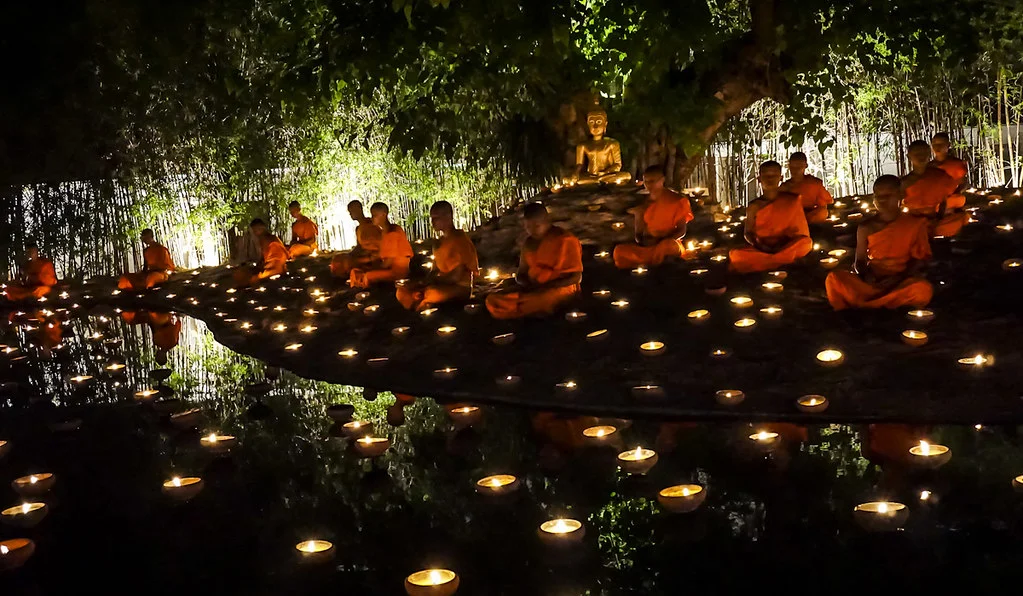
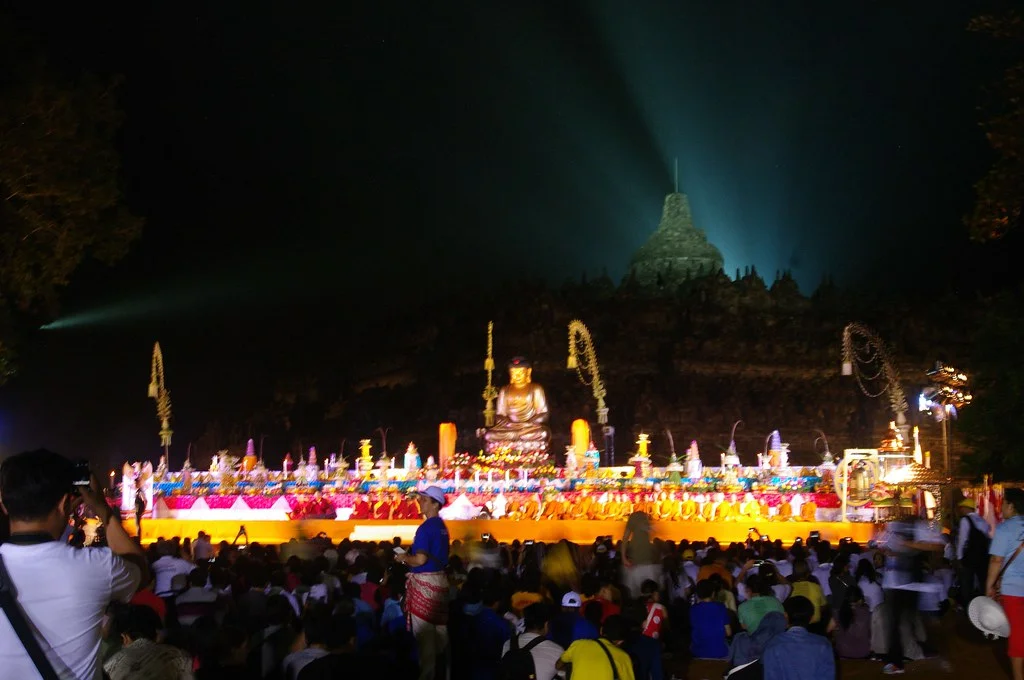
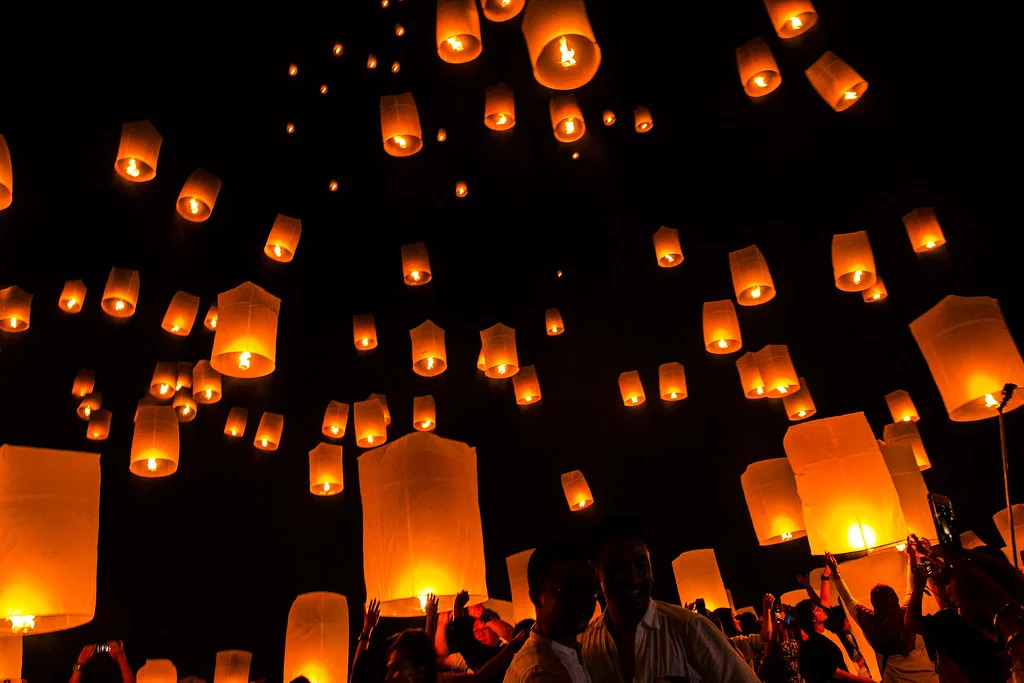
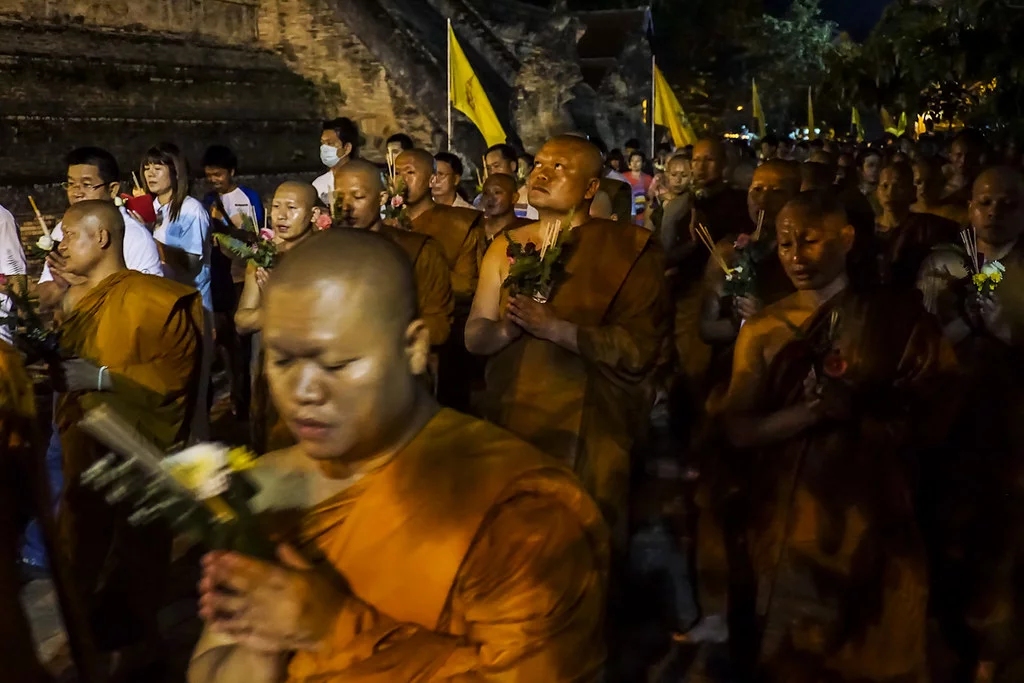
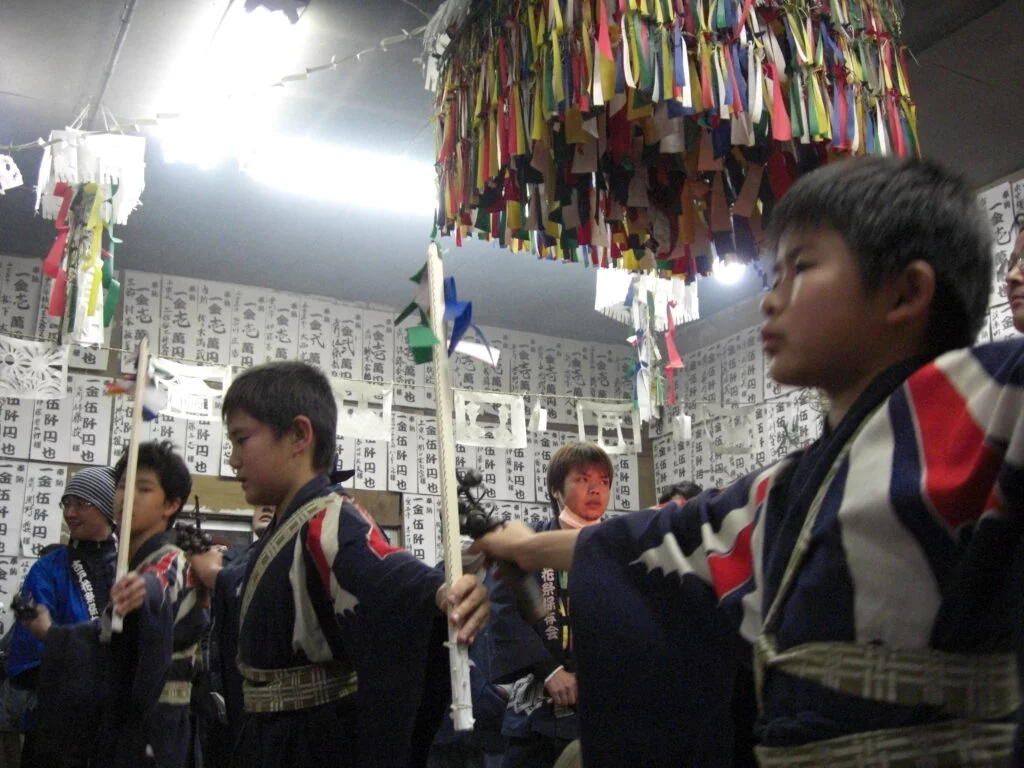
The iconic statues of Buddha, often adorned with flowers and incense, are central to Buddha Jayanti celebrations. These statues symbolize the presence of the Buddha and serve as a focal point for meditation and prayer. The serene expressions on these statues remind devotees of the Buddha’s teachings on peace and enlightenment.
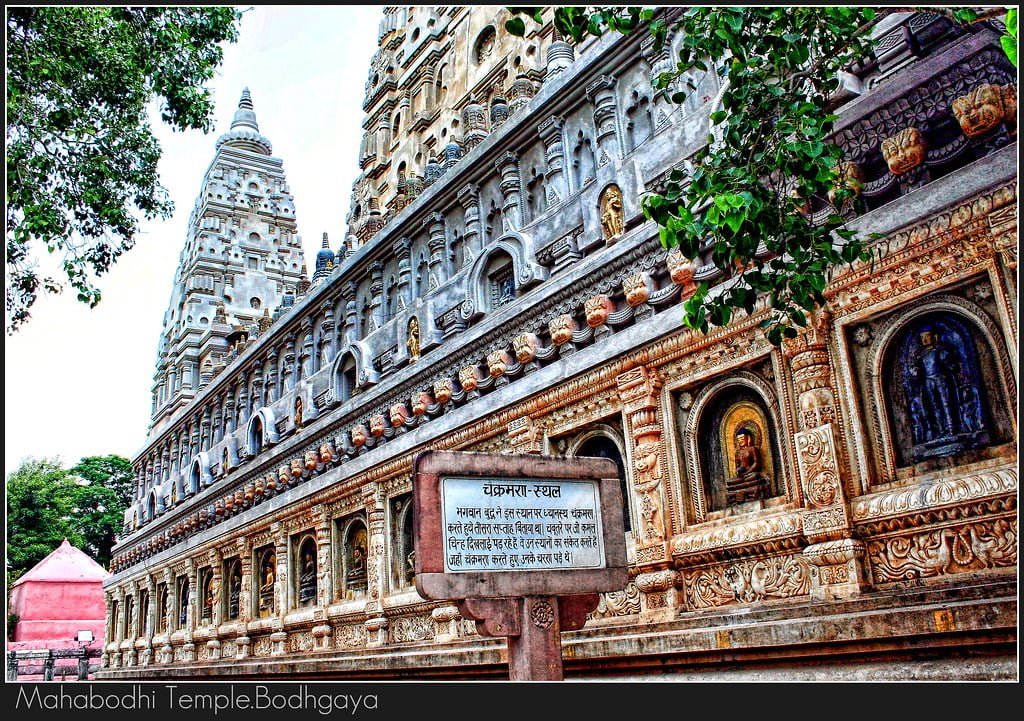
The Mahabodhi Temple in Bodh Gaya, India, is a UNESCO World Heritage Site and a major pilgrimage destination during Buddha Jayanti. Devotees from around the world gather here to pay their respects and participate in various rituals. The temple’s architecture and the Bodhi Tree under which Buddha attained enlightenment create an atmosphere of deep spiritual significance.

In countries like Sri Lanka, Thailand, and South Korea, the Buddha Jayanti celebrations include vibrant lantern festivals. These lanterns, often released into the sky or floated on water, symbolize the light of Buddha’s wisdom dispelling the darkness of ignorance. The sight of hundreds of lanterns illuminating the night sky is truly mesmerizing and uplifting.
Devotees engage in various rituals and prayers during Buddha Jayanti. These activities include offering flowers, lighting candles, and chanting Buddhist scriptures. The communal aspect of these rituals fosters a sense of unity and shared devotion among participants, highlighting the festival’s importance in Buddhist communities.
Buddha Jayanti is celebrated with great fervor in different parts of the world, including Nepal, Japan, and Myanmar. Each region brings its unique cultural touch to the festival, from elaborate processions to traditional dances. These global celebrations underscore the universal appeal of Buddha’s message of compassion and wisdom.
These inspiring images encapsulate the essence of Buddha Jayanti, reflecting the deep reverence and joy with which this auspicious day is observed. They offer a visual journey through the diverse and vibrant ways in which the teachings of the Buddha continue to inspire and unite people across the globe.
Famous Quotes by Gautama Buddha
Gautama Buddha’s teachings have transcended centuries, offering timeless wisdom that remains relevant in modern life. His quotes serve as guiding lights, illuminating paths to personal growth and spiritual awakening. One of his most renowned sayings is,
“Peace comes from within. Do not seek it without.”
This profound statement emphasizes the importance of inner tranquility and self-awareness. In today’s fast-paced world, where external validation often takes precedence, Buddha’s words remind us that true peace and happiness are found within ourselves.
Another impactful quote is,
“The mind is everything. What you think you become.”
This teaching underscores the power of thoughts in shaping our reality. In an era dominated by mental health challenges, this quote encourages mindfulness and positive thinking. By cultivating a healthy mental environment, we can transform our lives and achieve our fullest potential.
Buddha also said,
“Do not dwell in the past, do not dream of the future, concentrate the mind on the present moment.”
This wisdom is particularly pertinent in our contemporary society, where distractions and future anxieties often overshadow the present. Practicing mindfulness and living in the moment can enhance our overall well-being and productivity.
Another enlightening quote is,
“Health is the greatest gift, contentment the greatest wealth, faithfulness the best relationship.”
This statement highlights the importance of health, satisfaction, and loyalty in leading a fulfilling life. It serves as a reminder to prioritize physical and mental health, appreciate what we have, and value our relationships.
Lastly, Buddha’s teaching,
“Hatred does not cease by hatred, but only by love; this is the eternal rule,”
It advocates for compassion and forgiveness. In a world often marred by conflict and division, this quote inspires us to respond with love and understanding, fostering harmony and unity.
Gautama Buddha’s quotes are not just ancient wisdom but practical guides for contemporary living. They offer insights that can inspire personal transformation and spiritual development, making them timeless treasures for anyone seeking a deeper understanding of life.
Wishes and Greetings for Buddha Jayanti
Buddha Jayanti is a significant occasion that commemorates the birth, enlightenment, and death of Gautama Buddha. It is a time for reflection, gratitude, and sharing heartfelt wishes with friends and family. Here, we provide a collection of thoughtful and inspiring messages to mark this sacred day.
Traditional blessings often emphasize peace, wisdom, and spiritual growth. For instance, you might share:
"May the light of Buddha's teachings guide you to the path of peace, love, and happiness. Wishing you a blessed Buddha Jayanti."
Such messages resonate deeply as they encapsulate the essence of Buddha’s philosophy.
Modern messages can bring a contemporary touch to your greetings. Consider something like:
"On this Buddha Jayanti, may you find serenity in your heart and clarity in your mind. Happy Buddha Jayanti to you and your loved ones."
These messages maintain the spirit of the festival while also feeling fresh and accessible.
Quotes from Buddha’s teachings are another excellent way to convey your wishes. For example:
"Just as a candle cannot burn without fire, men cannot live without a spiritual life. May this Buddha Jayanti bring spiritual enlightenment to your life."
Incorporating such quotes can add depth and meaning to your greetings.
Personalizing these messages can make them even more special. Mention specific qualities you admire in the recipient or recall a meaningful moment you’ve shared. For instance:
"Dear [Name], your compassion and wisdom remind me of the teachings of Buddha. Wishing you peace and joy on this auspicious Buddha Jayanti."
By integrating traditional blessings, modern messages, and profound quotes, you can create heartfelt wishes that capture the spirit of Buddha Jayanti. Personalized touches ensure your greetings are meaningful and memorable, making this celebration even more special for your loved ones.
Celebrations Across the World
Buddha Jayanti, also known as Vesak or Buddha Purnima, is a significant festival celebrated with great reverence and joy across various countries, each adding its unique cultural touch to the festivities. In India, the birthplace of Gautama Buddha, the day is marked by prayers, meditation sessions, and Buddhist sermons at key pilgrimage sites like Bodh Gaya, Sarnath, and Kushinagar. Devotees engage in acts of charity, distributing food and clothing to the needy, embodying the teachings of compassion and humility.
Nepal, the location of Lumbini, the Buddha’s birthplace, observes Buddha Jayanti with equal fervor. The sacred Maya Devi Temple becomes the focal point, adorned with vibrant decorations and hosting various religious events. Monks and laypeople alike participate in chanting, lighting butter lamps, and offering flowers, creating an atmosphere of spiritual devotion.
In Sri Lanka, Vesak is a national holiday celebrated with elaborate lantern displays, known as Vesak Kudu, illuminating the night sky. Temples are adorned with decorations, and the streets are filled with processions, traditional dances, and devotional songs. The sharing of Vesak food stalls, where free meals are distributed, underscores the spirit of giving and community.
Thailand’s celebration of Vesak is marked by a blend of solemnity and festivity. Temples across the country hold special ceremonies, and Buddhists engage in merit-making activities such as releasing caged birds and fish. The grand event at Wat Phra Dhammakaya in Pathum Thani features a spectacular candlelight procession, drawing thousands of participants.
In addition to these countries, Buddha Jayanti is celebrated in various forms in Myanmar, Cambodia, Laos, Vietnam, and beyond. Each region incorporates its customs, from almsgiving to meditation retreats, reflecting the universal yet diverse appeal of Buddha’s teachings.
Personal stories from individuals who celebrate this day highlight the festival’s significance on a personal level. For instance, a devotee in Sri Lanka may reflect on memories of family gatherings and temple visits, while a practitioner in Thailand might share experiences of participating in community service. These narratives add a human dimension, showcasing how Buddha Jayanti transcends geographical boundaries to unite people in a shared spiritual journey.
Conclusion: The Universal Message of Buddha Jayanti
Buddha Jayanti stands as a beacon of peace, compassion, and enlightenment, transcending cultural and geographical boundaries. This sacred occasion not only commemorates the birth, enlightenment, and death of Gautama Buddha but also serves as a reminder of the timeless wisdom he imparted. His teachings, which emphasize the importance of inner peace, empathy towards all living beings, and the pursuit of knowledge, resonate profoundly in today’s fast-paced world.
The essence of Buddha Jayanti lies in its universal message of harmony and understanding. It encourages individuals to cultivate a sense of compassion and mindfulness in their daily lives, fostering a more inclusive and empathetic society. By reflecting on the life and teachings of Buddha, we are reminded of the potential for personal growth and transformation that lies within each of us.
As we celebrate Buddha Jayanti, let us take a moment to internalize these teachings and strive to incorporate them into our everyday interactions. Whether it is through simple acts of kindness, mindful meditation, or the pursuit of wisdom, embracing the principles of Buddhism can lead to a more fulfilling and harmonious existence.
We invite you to share your own experiences and thoughts about Buddha Jayanti in the comments section below. How does this festival inspire you? What steps are you taking to integrate the teachings of Buddha into your life? Your insights and reflections can serve as a source of inspiration for others, fostering a sense of community and shared purpose.
May the spirit of Buddha Jayanti guide you towards a path of peace, compassion, and enlightenment.
FAQs
What is Buddha Jayanti?
Buddha Jayanti, also known as Buddha Purnima or Vesak, is a significant Buddhist festival that celebrates the birth, enlightenment (Buddhahood), and death (Parinirvana) of Gautama Buddha. It is observed on the full moon day in the month of Vaisakha (April or May).
When is Buddha Jayanti in 2024?
In 2024, Buddha Jayanti will be observed on May 23rd.
How is Buddha Jayanti celebrated?
Celebrations typically include prayer meetings, meditation sessions, chanting of Buddhist scriptures, and processions. Devotees often visit temples and monasteries, offer flowers, light candles, and partake in charity activities.
What is the significance of Buddha Jayanti?
Buddha Jayanti marks three major events in the life of Gautama Buddha: his birth, enlightenment, and death. It is a day to reflect on his teachings and to practice virtues such as compassion, non-violence, and kindness.
Where is Buddha Jayanti most prominently celebrated?
Buddha Jayanti is celebrated worldwide, especially in countries with significant Buddhist populations like India, Nepal, Sri Lanka, Thailand, Myanmar, and Bhutan. Key locations include Bodh Gaya, Lumbini, and various major Buddhist temples and monasteries.
What time is the peak of Wesak 2024?
The peak time of Wesak is at 7:48 AM (GMT+8).
Is Buddha born in Nepal or India?
The Lord Buddha was born in 623 BC in the sacred area of Lumbini located in the Terai plains of southern Nepal
Is Buddha Purnima a government holiday?
Yes, Buddha Purnima is a gazetted holiday in India.






